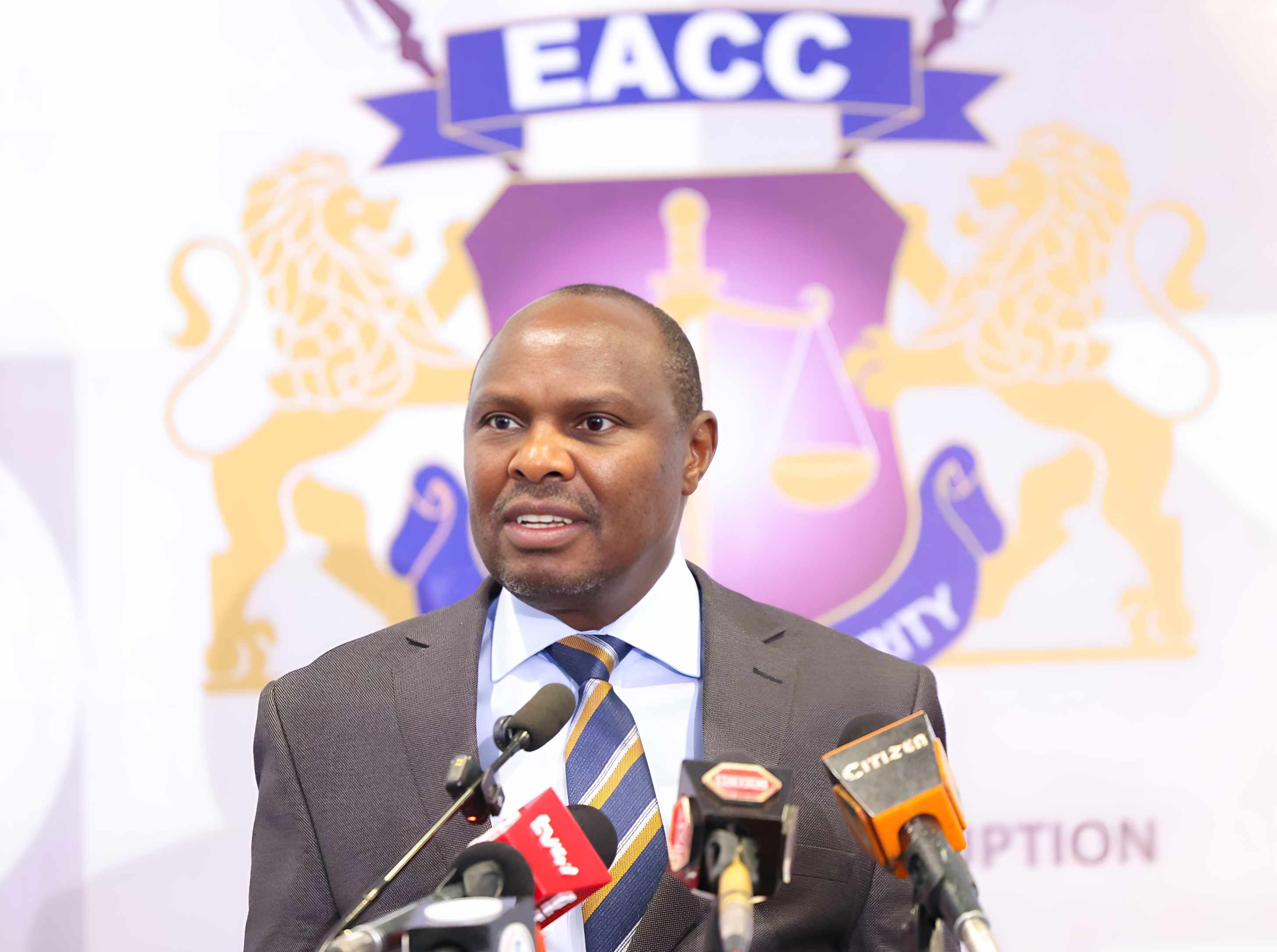Despite repeated warnings and data confirming widespread forgery in public institutions, the government has come under sharp focus for failing to act decisively on fake academic and professional certificates.
New revelations from the Ethics and Anti-Corruption Commission (EACC) and the Public Service Commission show that more than a decade after calls to verify staff qualifications, many agencies ignored directives, allowing unqualified individuals to secure jobs and promotions worth over Sh460 million.
"Of the 53,000 cases referred to the Kenya National Examination Council by 91 public institutions, 1,280 certificates were confirmed as forgeries," said Head of Public Service Felix Koskei.
He noted that a directive issued in 2014 requiring institutions to authenticate staff credentials had painted "a deeply concerning picture" yet little was done.
In a fresh crackdown, the government is now launching a joint effort with key agencies to investigate and prosecute employees and officials who allowed or ignored the use of fake papers.
Koskei said 787 officers in 195 Ministries, Departments and Agencies, including universities, were found to have secured positions fraudulently.
"EACC and the Public Service Commission need to push these responsibilities to the employers themselves. They have to authenticate the papers before they onboard anybody so that we don't waste a lot of government funds chasing these people," he said.
The EACC disclosed it has received 549 reports of forged documents since 2022, leading to 134 investigations.
"The amount of money we are looking to recover in this exercise is in the region of Ksh460 million," said CEO Abdi Mohamud.
EACC Chairperson David Oginde criticised the judiciary for weak prosecution that has allowed the problem to persist.
"Let us not tolerate men and women who have given themselves to shortcuts in whatever field. Let us be ruthless to them," he said.
Oginde also warned that fake certificates are not just a public sector problem.
"If anything we are seeing in the public service is anything to go by, it means that possibly a similar problem is also in the private sector," he said.
The government is now forming a multi-agency task force that will include the EACC, Office of the Director of Public Prosecutions, Directorate of Criminal Investigations, Kenya National Examinations Council, and the Kenya National Qualifications Authority to speed up investigations and prosecutions.
"My office shall endeavour to bring together relevant agencies to form an ad hoc task force to coordinate investigations and prosecutions of persons involved in making of forged documents," said Koskei.
The crackdown, announced at a national ethics and integrity conference in Nairobi, marks a renewed effort to restore accountability after years of overlooked fraud and failure to enforce existing verification systems.
